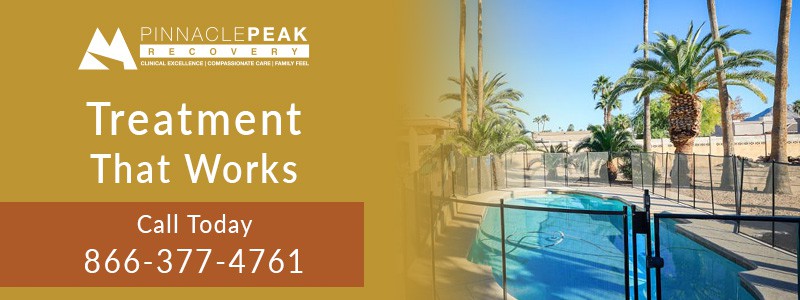
How to Help an Addict Starts with Empathy
It’s extremely difficult to be there for someone who has an addiction because he or she isn’t his or her normal self. The person you’ve known for years may resemble very little of the person you love. While it can be frustrating, there’s a medical reason for this. As someone without an addiction, it’s easy to think that this person is lacking willpower or doesn’t care. The person who you’re dealing with actually suffers from a very serious illness and needs empathy.
Despite some debates out there, addiction is a disease according to the National Institute on Drug Abuse. The person you’re dealing with has a brain that makes him or think that he or she needs substances to survive. People with addictions often get defensive over their drinking or using, because telling them they can’t have their substance of choice is like telling them they can’t eat. The issue is that they lack the ability to reason with themselves on a neurological level. This is strongly due to a problem with the prefrontal cortex of individuals with addiction.
The prefrontal cortex helps a person:
- Be self-aware
- Exhibit impulse control
- Regulate emotions
- Express empathy
- Make logical decisions
Empathy and Enabling are Two Different Things
If you want to learn how to help an addict, you need to understand the difference between empathy and enabling. Empathy is having a sense of compassion for the person and understanding her or she has an illness. Enabling is when you assist the person’s poor decisions by providing him or her with additional resources. This can be money, attention or even a place to live, which can further your loved one’s addiction.
The best thing you can do for your loved one is assist with an early intervention, which can help him or her get treatment. By catching the problem before it progresses too much, you may be able to help save your loved one’s life. You can stage an intervention in a variety of ways. Sometimes you simply need to tell the person the truth. Tell your loved one that his or her addiction is negatively affecting your relationship and you would like to see him or her get help. Other times, you need to enlist the help of a professional.
Getting Treatment
Pinnacle Peak Recovery provides addiction treatment services to people struggling with a substance use disorder. We are here to provide you with hope that your loved one can regain control of his or her life. Through our addiction treatment process, your loved one will have the time he or she needs to focus and begin healing. Through this healing, your loved one will begin to see that he or she no longer need to turn to drugs or alcohol as a solution.
Find out more about our addiction treatment programs by calling us today at 866-377-4761.


